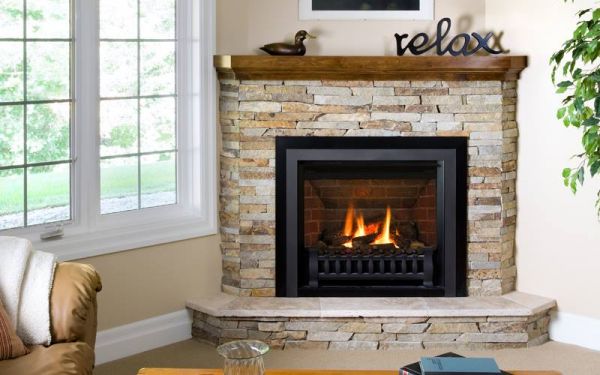Add Efficiency To Your Home When Heating and Cooling

There's no doubt about it - the 2013-2014 winter has been a cold one.
If you're wondering where you can save on future heating costs of winter, possibly in time for the cooling season of summer, consider these tips for adding more efficiency to your home.
- How do you dress your windows? Window coverings and shades provide added insulation, especially at night, keeping the cold air out in winter and the warm air at bay in summer.
- When you heat or cool the air in your most, most of it will escape through your attic. That is, unless you build your roof with structural insulated panels.
- Optimize the heat generated by your fireplace with a blower.
- On-demand tankless water heaters keep energy costs down by not having to keep 40 gallons of water heated day and night. This may not have much to do with the heating and cooling of the air in your home. However, when it comes to the number on your energy bills, it will help keep that lower.
- Same goes for your lighting. Fluorescent light bulbs use 50 to 75 percent less energy and last up to 10 times longer. LED lights are even better.
- Notice any gaps around your windows, doors or fixtures? Caulk them, fill them. Do whatever you can to reduce air infiltration.
- Consider adding several thermostats throughout your heating and cooling zones. Use programmable thermostats to really control the rise and fall of temps.
Heat to 68 in winter and cool to 78 in summer. - Check out your windows and doors. Quality windows and doors can make a huge difference. Poor windows can be massive energy wasters. Find Energy Star rated windows with Low-E glass.
- Ventilation is important, especially in great rooms. Keep sunlit homes well ventilated to prevent overheating and to create event temperatures. Operable windows and ceiling fans can help with this.
- Choose a high efficiency rated unit when installing a new furnace. The savings could pay for itself in seven years.
